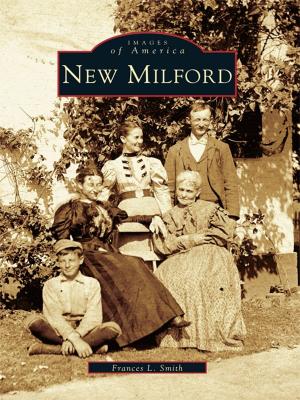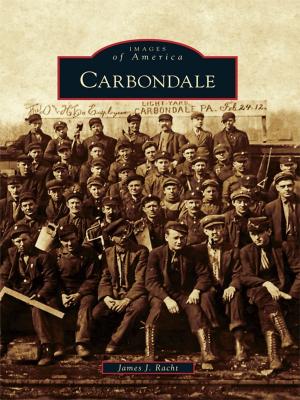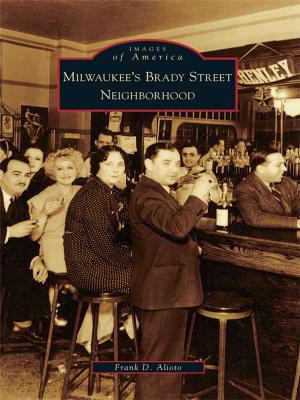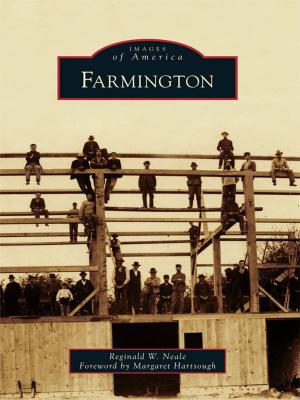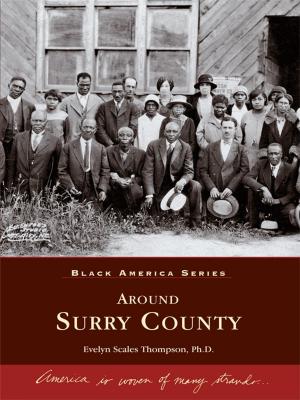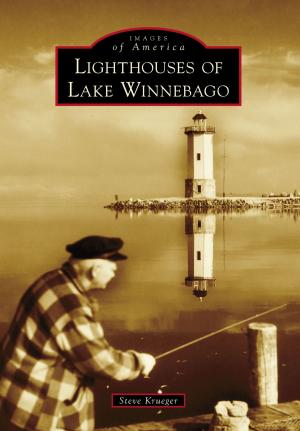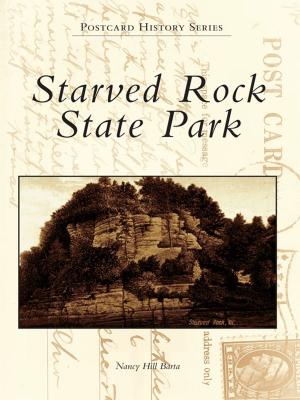Charleston Under Siege
The Impregnable City
Nonfiction, History, Military, Pictorial, Americas, United States, Civil War Period (1850-1877)| Author: | Douglas W. Bostick | ISBN: | 9781614230342 |
| Publisher: | Arcadia Publishing Inc. | Publication: | December 10, 2010 |
| Imprint: | The History Press | Language: | English |
| Author: | Douglas W. Bostick |
| ISBN: | 9781614230342 |
| Publisher: | Arcadia Publishing Inc. |
| Publication: | December 10, 2010 |
| Imprint: | The History Press |
| Language: | English |
Charleston was the prize that the Union army and navy desperately sought to capture. Union General Halleck, in writing to General W.T. Sherman, declared, "Should you capture Charleston, I hope that by some accident the place may be destroyed." However, despite bringing to bear the full firepower of the U.S. Army and Navy, Charleston would not relent. The defense of Charleston employed every tool available to an outmanned Confederate army. Yet after 567 days of constant attack by infantry, gun batteries and the Union fleet, Charleston would not surrender. Only after the evacuation of the Confederate forces to reinforce General Joe Johnston in North Carolina did the Federal government gain control of the city. Join historian Doug Bostick as he tells the story of the siege of Charleston, the longest siege of the Civil War.
Charleston was the prize that the Union army and navy desperately sought to capture. Union General Halleck, in writing to General W.T. Sherman, declared, "Should you capture Charleston, I hope that by some accident the place may be destroyed." However, despite bringing to bear the full firepower of the U.S. Army and Navy, Charleston would not relent. The defense of Charleston employed every tool available to an outmanned Confederate army. Yet after 567 days of constant attack by infantry, gun batteries and the Union fleet, Charleston would not surrender. Only after the evacuation of the Confederate forces to reinforce General Joe Johnston in North Carolina did the Federal government gain control of the city. Join historian Doug Bostick as he tells the story of the siege of Charleston, the longest siege of the Civil War.





